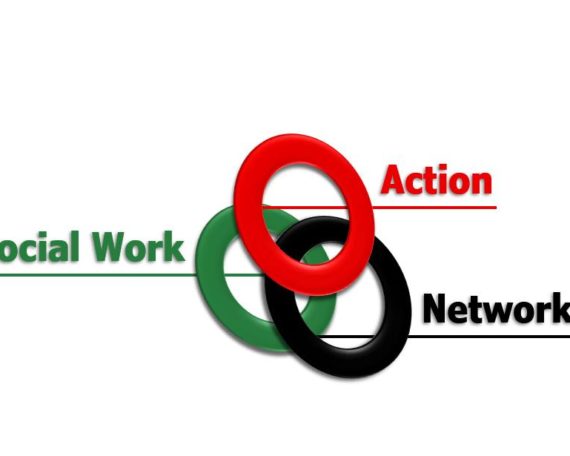The proposed closure of further children’s homes in Birmingham was the one cut where the moral and economic case coincided. This oft repeated claim made at Decembers Budget consultation meetings by Cllr Brigid Jones, the Cabinet member for Children and Young People, bears further critical examination.
To paraphrase the rest of her argument it is far better for young people to be in the loving care of a foster family than to be in institutional care.
There is a current programme of Children’s Homes closures in Birmingham with Chamberlain House, Fountain Road, Kings Lodge, South Acre and Viscount House due to be closed as a result of this year’s budget cuts. A cut of £3.289 million will be realised by these closures mainly through staff redundancies.
The November Cabinet report (1) on the consultation over these closures brings into question the narrative and case for this closure strategy.
At the Budget consultation meetings Councillor Jones lauded a successful recruitment campaign for foster parents in the City. But what she didn’t tell us in public was what it said in the Cabinet report that ‘there has been a rise in foster care recruitment recently but it is still uncertain as to how many foster carers will be able to care for more challenging young people.’ This is referring directly to those young people currently in the Children’s Homes identified for closure.
The failure to be able to provide alternative internal foster placements to the young people affected by the closure of their homes is further highlighted in the Report under the financial implications of these closures.
‘It is intended that £1.4million of the identified efficiencies will be re-invested to support the purchase of alternative placements for young people affected by the closures and for whom alternative placements are not available internally.’ (Para 4.2.2)
This is not a reinvestment to be used to develop and provide alternative care provision; rather £1.4m is being taken to pay for external placements and in all probability to private providers, for young people who cannot be placed within Council provision. There are also questions to be asked as to how many of these alternative placements will be in the City and how many will be foster as opposed to residential placements?
The young people concerned will face the disruption of a further move completely unrelated to their needs, although in the consultation the young people said they ‘broadly they liked the Homes, felt safe, were supported by staff and were settled.’
In challenging these budget cuts we must reject the simple narrative that residential care is bad and foster care is good. The demographic of young people looked after by the local authority is complex, with differing needs and differing histories of coming into and exiting care.
Young people who live in children’s homes tend to be older, and the age range of the young people living in the residential units in question is between 13 to 17, with an average age of 15/16 years. They may not want to go into foster care and may positively prefer residential care. It should be their choice.
In the next round of proposed closures proposed for 2013-14 important questions need to be asked about the range and balance of different types of care provision for young people in the city and likely needs of young people in the years to come. There will always be a need for high quality residential care for some young people and this should be publically provided. The debate should centre on young people’s needs and not the expediency of making cuts and Managements failure to raise standards of care in some of Birmingham’s Children’s Homes.
An activist from the West Midlands Social Work Action Network
(1) Report of the Strategic Director of Children Young People & Families on CHILDREN IN CARE STRATEGY PROPOSED RESIDENTIAL HOME CLOSURES (CHAMBERLAIN HOUSE, FOUNTAIN ROAD, KINGS LODGE, SOUTH ACRE AND VISCOUNT HOUSE) 19th November 2012

